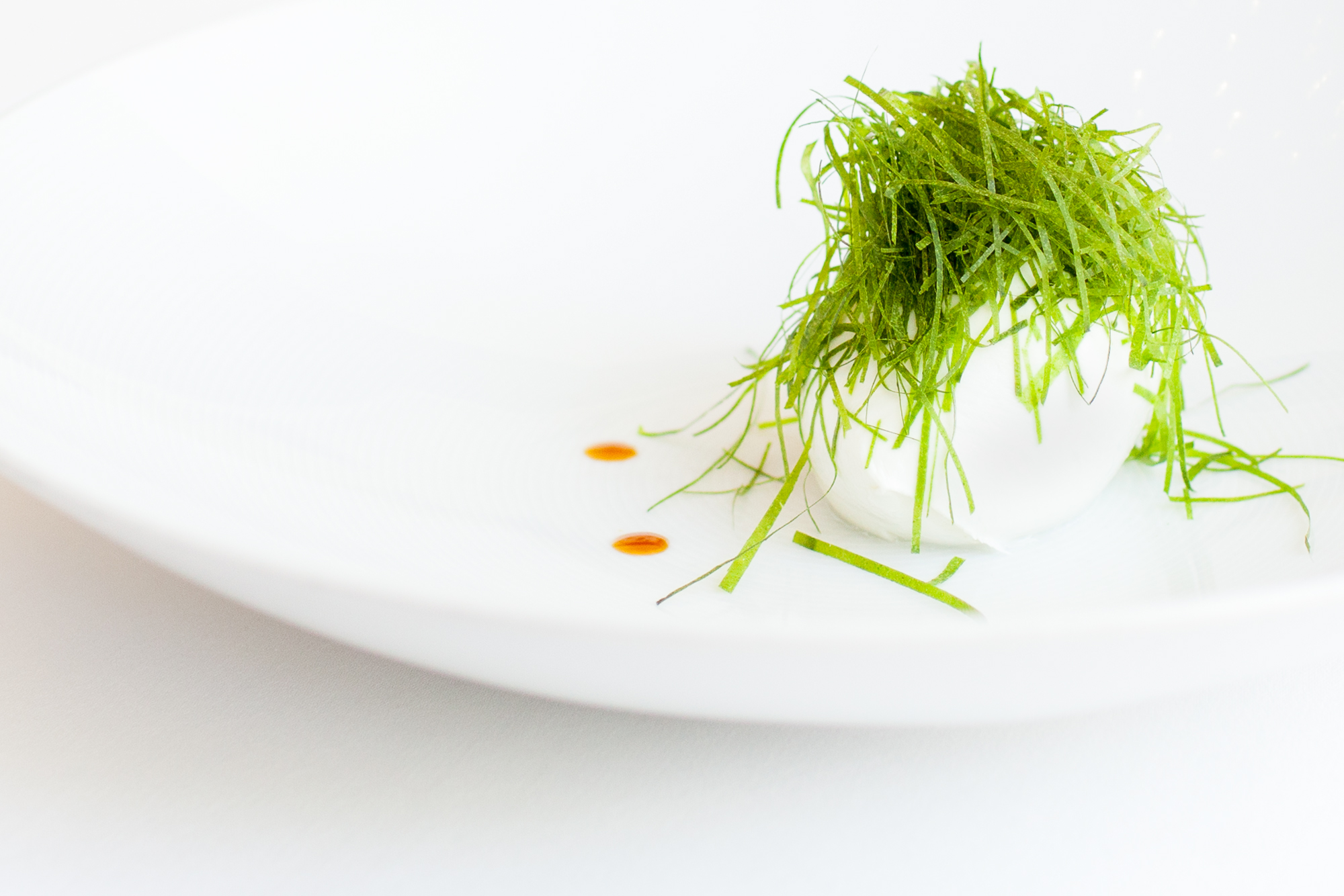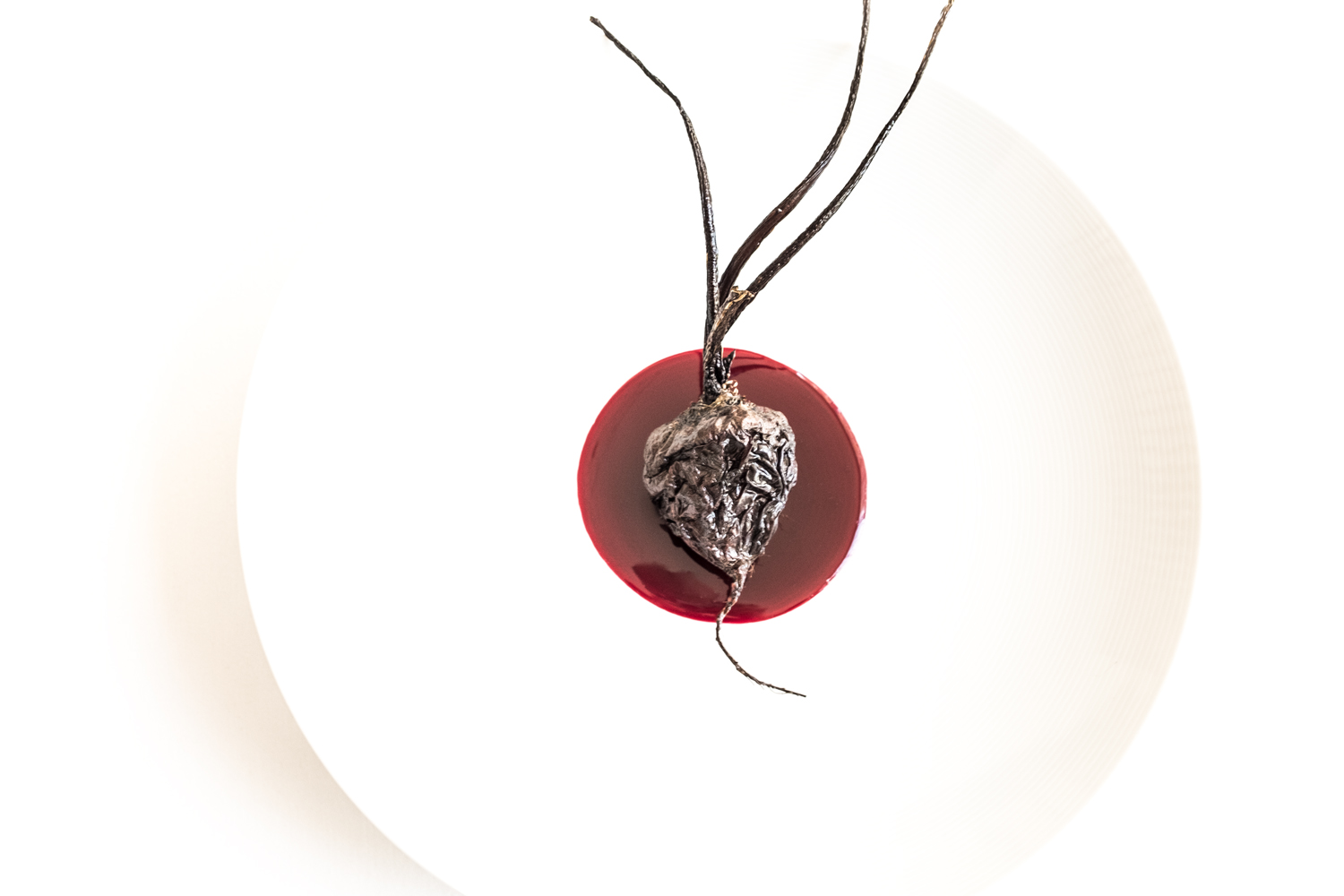It may be hard to imagine, but one of Australia’s most acclaimed chefs used to work as an electrician in the mines of Western Australia. These days, however, Mark Best brings electricity to the kitchen of his award-winning, French-influenced restaurant, Marque. Located in the hip, inner Sydney suburb of Surry Hills, the sleek dining room of Marque is a far cry from the searing temperatures and dusty, ochre landscapes of outback Kalgoorlie.
What brought you from working as an electrician in the gold mines of Western Australia to your current place in the culinary world, as a symbol of new Australian Cuisine?
After working in the mines for four years, I spent a period of time refitting submarines for the Australian Government before finding my feet working with food. I simply found myself working in a job that I didn’t like and under quite arduous conditions, so at this stage, I was looking for any means to escape. Food revealed itself to be the answer to what I was looking for, and it just so happened that I was kind of good at it as well. Being a chef is obviously a stressful job and I went into it with a full awareness of that. I went into it purely for the love of cooking and that continues to be what drives me today.
What factors and influences have defined new Australian Cuisine? (I couldn’t help but notice the shocking absence of kangaroo and vegemite recipes in your upcoming cookbook, Best Kitchen Basics)
It’s funny actually because most of the general public here in Australia still struggles with eating at least one half of our coat of arms (The kangaroo part, that is, for those who aren't familiar). It’s the cute factor, I suppose.
In terms of influence, Australia’s geographical connection to Asia & given the fact that a significant part of our population arrive through immigration has had an enormous positive effect on our culinary culture. Nearly 40-percent of Sydneysiders speak a non-English language at home and more than 250 languages are spoken in Sydney. These language groups are quite concentrated in Sydney (far less so in Melbourne) That means that these language centers are also cultural centers of religion, food etc.
The biggest influence for me has been the way we as chefs eat in Australia via the continent’s multicultural diversity. It also means that we access the local ingredients grown and push our creativity to use them in unique, non-traditional ways. The Australian landscape is unique in that it is particularly rich in diversity -- rich, but also harsh. These environmental extremes define and bring the Australian ‘flavour’ to our cuisine. Indigenous ingredients are also now becoming more widely recognized amongst consumers and their supply is at a consistency to be taken on as everyday staples in our commercial kitchens.
How would you like to see the current face of Australian cuisine recognized on an international level?
I think that we’re already well on our way to being recognized internationally, however, it is mainly through travel by chefs as well as tourism that the awareness that something different and special is happening with our culinary community here, down under, is spread.
I don’t wish for Australia to be seen as better or more recognized for its cuisine than any other country, just different and flourishing, which is in an of itself something to be acknowledged and celebrated.
With the upcoming release of your book, Best Kitchen Basics, what statements on culinary culture do you wish to convey and what message are you attempting to bring into the home kitchen?
This second book of mine is a collection of home-style recipes that I want to add to the Home Cooking lexicon. I want to challenge tradition a little and get the average home cook to think a little more about what they are cooking, why, and where their ingredients are coming from.
These days, technology of all forms continues to have a exponentially growing presence in all of our lives, in our homes, and in our communities. As a chef, do you find yourself embracing these advancements as an asset in your kitchen environment, or does technological presence instead fuel a nostalgic tendency towards the use of more basic methods and techniques?
Technology is simply a means to an end and cuisine needs to either advance or atrophy in its wake. At my restaurant, Marque, we have always used the latest technology in conjunction with traditional and artisanal techniques. I don’t believe in using any technique as a gimmick or for theatrical purposes, but instead as a means to broaden my choices in the way that I use my ingredients.
This interview had been edited and condensed from its original format.


